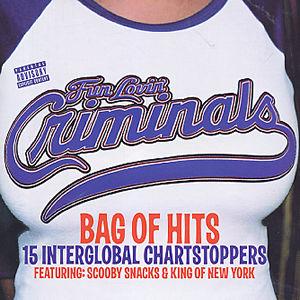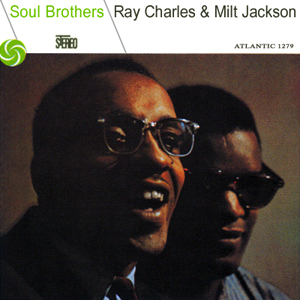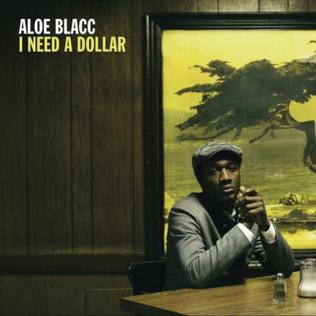
The Canadian dollar is the currency of Canada. It is abbreviated with the dollar sign $, or sometimes Can$ or C$ to distinguish it from other dollar-denominated currencies. It is divided into 100 cents (¢).
A snipe hunt is a type of practical joke or fool's errand, in existence in North America as early as the 1840s, in which an unsuspecting newcomer is duped into trying to catch a non-existent animal called a snipe. While snipe are actual birds, a snipe hunt is a quest for an imaginary creature whose description varies.
Château Lynch-Bages is a winery in the Pauillac appellation of the Bordeaux region of France. Château Lynch-Bages is also the name of the red wine produced by this property. The wine produced here was classified as one of eighteen Cinquièmes Crus in the Bordeaux Wine Official Classification of 1855.
The missing dollar riddle is a famous riddle that involves an informal fallacy. It dates back to at least the 1930s, although similar puzzles are much older.

The rijksdaalder was a Dutch coin first issued by the Republic of the Seven United Netherlands in the late 16th century during the Dutch Revolt. Featuring an armored half bust of William the Silent, rijksdaalder was minted to the Saxon reichsthaler weight standard – 448 grains of .885 fine silver. Friesland, Gelderland, Holland, Kampen, Overijssel, Utrecht, West Friesland, Zeeland, and Zwolle minted armored half bust rijksdaalders until the end of the 17th century.

The dollar was the currency of the colony and dominion of Newfoundland from 1865 until 1949, when Newfoundland became a province of Canada. It was subdivided into 100 cents.

The Life and Crimes of Alice Cooper (1999) is a 4-CD box set by Alice Cooper. It includes select tracks from every studio album released until then, plus many B-sides, unreleased songs, and other rarities. It also includes Alice Cooper's authorized biography, written by Jeffrey Morgan of Creem magazine.

Bag of Hits is a compilation album by the band Fun Lovin' Criminals.

Filmworks III: 1990–1995 features the scores for film and advertisements by John Zorn. The album was originally released on the Japanese labels Evva in 1995 and Toys Factory in 1996 and subsequently re-released on Zorn's own label, Tzadik Records, in 1997. It features the music that Zorn wrote and recorded for Thieves Quartet (1993), directed by Joe Chappelle, which was performed by the group that would become Masada; nine cues for Kiriko Kubo's Music For Tsunta (1988); eleven tracks for Hollywood Hotel (1994), directed by Mei-Juin Chen; and thirty-two pieces for advertisements by Wieden & Kennedy.

The United States dollar is the official currency of the United States and its territories per the United States Constitution since 1792. In practice, the dollar is divided into 100 smaller cent (¢) units, but is occasionally divided into 1000 mills (₥) for accounting. The circulating paper money consists of Federal Reserve Notes that are denominated in United States dollars.

Soul Brothers is the fourth studio album recorded by Ray Charles and the eleventh studio album by Milt Jackson and released by Atlantic Records in 1958. The album was later re-issued in a 2 CD compilation together with the other Charles–Jackson album Soul Meeting and included additional tracks from the same recording sessions not present on the original LP releases.
Slang terms for money often derive from the appearance and features of banknotes or coins, their values, historical associations or the units of currency concerned. Within a single language community some of the slang terms vary across social, ethnic, economic, and geographic strata, but others have become the dominant way of referring to the currency and are regarded as mainstream, acceptable language.

Jackie's Bag is an album by American saxophonist Jackie McLean recorded in 1959 and 1960 and released by Blue Note.

"I Need a Dollar" is a song performed by American singer Aloe Blacc. Blacc co-wrote the song with Leon Michels, Nick Movshon and Jeff Dynamite.

Finest Hour is the fourth comedy album by Patton Oswalt. It was released in 2011 under Comedy Central Records. It followed the 2009 release My Weakness Is Strong. In 2012, Finest Hour was nominated for the Grammy Award for Best Comedy Album, which was instead awarded to Louis C.K. for his performance in Hilarious.
The Brazilian real is the official currency of Brazil. It is subdivided into 100 centavos. The Central Bank of Brazil is the central bank and the issuing authority.













